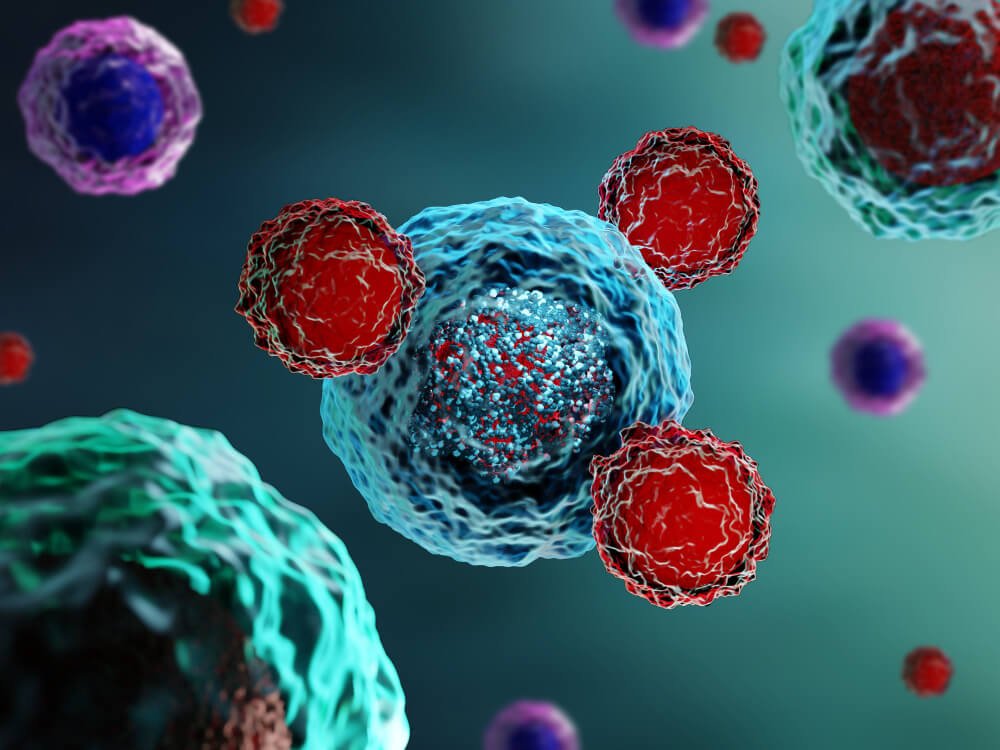Immunotherapy in Cancer: Empowering the Body's Defenses to Fight Back
Introduction:
Immunotherapy has emerged as a groundbreaking approach in cancer treatment, harnessing the power of the body’s immune system to recognize and attack cancer cells. Unlike traditional cancer therapies, which directly target cancer cells, immunotherapy enhances the body’s natural defences to combat cancer more effectively. In this article, we delve into the concept of immunotherapy in cancer and explore its transformative potential in revolutionizing the landscape of cancer care.
Understanding Immunotherapy: Immunotherapy is a form of cancer treatment that stimulates or strengthens the immune system’s ability to recognize and eliminate cancer cells. The immune system’s primary function is to defend the body against harmful invaders, including viruses, bacteria, and abnormal cells like cancer. However, cancer cells can evade the immune system’s detection by using various mechanisms to disguise themselves as normal cells. Immunotherapy seeks to overcome these evasion tactics and enhance the immune response against cancer.
Mechanisms of Immunotherapy: There are several types of immunotherapy approaches, each designed to target different aspects of the immune response against cancer:
Checkpoint Inhibitors: Checkpoint proteins regulate the immune system and prevent it from attacking healthy cells. Cancer cells can exploit these checkpoints to avoid detection. Checkpoint inhibitors block these proteins, allowing immune cells to recognize and attack cancer cells more effectively.
CAR-T Cell Therapy: Chimeric Antigen Receptor (CAR) T-cell therapy involves engineering a patient’s T-cells (a type of immune cell) to express CARs that target specific cancer cells. These modified T-cells are then infused back into the patient, where they can recognize and destroy cancer cells.
Immune System Modulators: These drugs stimulate the immune system to respond more robustly to cancer cells. They may include cytokines, which enhance immune cell activity, or toll-like receptor agonists, which activate immune responses.

Applications and Benefits: Immunotherapy has demonstrated remarkable success across various cancer types, offering several benefits to patients:
- Long-lasting Responses: In some cases, immunotherapy has led to long-lasting remissions, providing durable benefits even after treatment is completed.
- Targeted Approach: Immunotherapy targets cancer cells specifically, sparing healthy cells from damage and reducing the severity of side effects.
Potential for Combining Therapies: Immunotherapy can be used in combination with other treatment modalities, such as chemotherapy or targeted therapy, to enhance treatment outcomes. - Expanded Treatment Options: Immunotherapy has shown promise for patients who may not respond to traditional treatments, providing an alternative therapeutic option.
Conclusion:
With ongoing advancements and a deeper understanding of immunological complexities, immunotherapy holds the promise of revolutionizing cancer care and offering renewed hope to patients worldwide.
